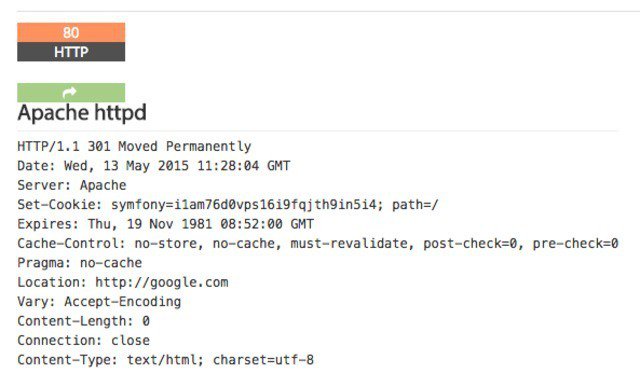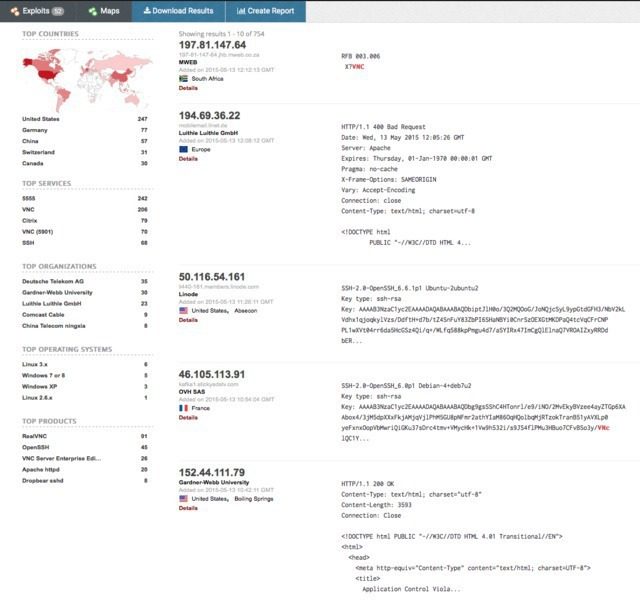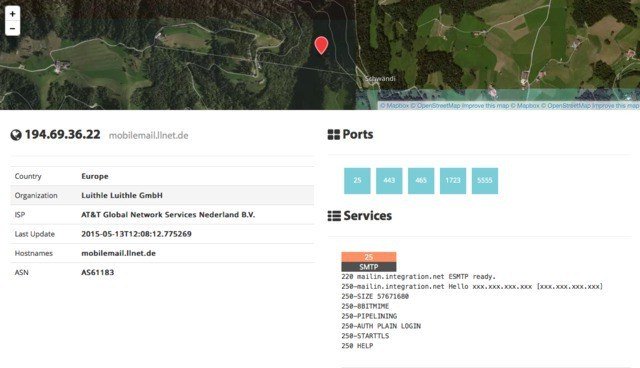标签:increase googl sed note lov make tail was oca
reproduction from https://danielmiessler.com/study/shodan/
Shodan is a search engine for finding specific devices, and device types, that exist online. The most popular searches are for things like webcam, linksys, cisco, netgear, SCADA, etc.
It works by scanning the entire Internet and parsing the banners that are returned by various devices. Using that information, Shodan can tell you things like what web server (and version) is most popular, or how many anonymous FTP servers exist in a particular location, and what make and model the device may be.

Shodan is of particular use for security research around the Internet of Things, since there will soon be billions of devices online that 1) have specific vulnerabilities that need to be fixed, and 2) can be identified quickly by their banner information.
You start by navigating to the main page, and then entering into the search field, like you would any other search engine.
For this search, I looked for “VNC”.

From there you can pivot to a few key areas in the results. Starting on the left sidebar, we see a good amount of summary data:
Then in the main section we get the full results list, including:
Then, for even more information you can click details, which takes you into that host itself:

Here you see the data about the host on the left, the list of ports that were found at the top right, and then the individual port details and banners from each port as you go down the page. It’s a clean layout.
As with any search engine, Shodan works well with basic, single-term searches, but the real power comes with customized queries.
Here are the basic search filters you can use:
Find Apache servers in San Francisco:
apache city:“San Francisco”Find Nginx servers in Germany:
nginx country:“DE”Find GWS (Google Web Server) servers:
“Server: gws” hostname:“google”Find Cisco devices on a particular subnet:
cisco net:“216.219.143.0/24”So you basically have some sort of base search term you’re looking for (shown in orange) and then you narrow down your search using the filters like we see above.
You can use the “Explore” button on the main Shodan site to look at common searches and results, which are illuminating. You’ll find things like:
It’s interesting. It’s exciting. It’s frightening.
To combine filters, simply keep adding them on. You can also do this by clicking filters in the left sidebar for a given result set. So if you want to search for Nginx servers in San Francisco, that are running on port 8080, that are also running Tomcat, you could do the following:
Apache city:“San Francisco” port:“8080” product:“Apache Tomcat/Coyote JSP engine”I really love this project, and I hope this short introduction will get you using it as well.
标签:increase googl sed note lov make tail was oca
原文地址:https://www.cnblogs.com/qingmiaokeji/p/10988923.html